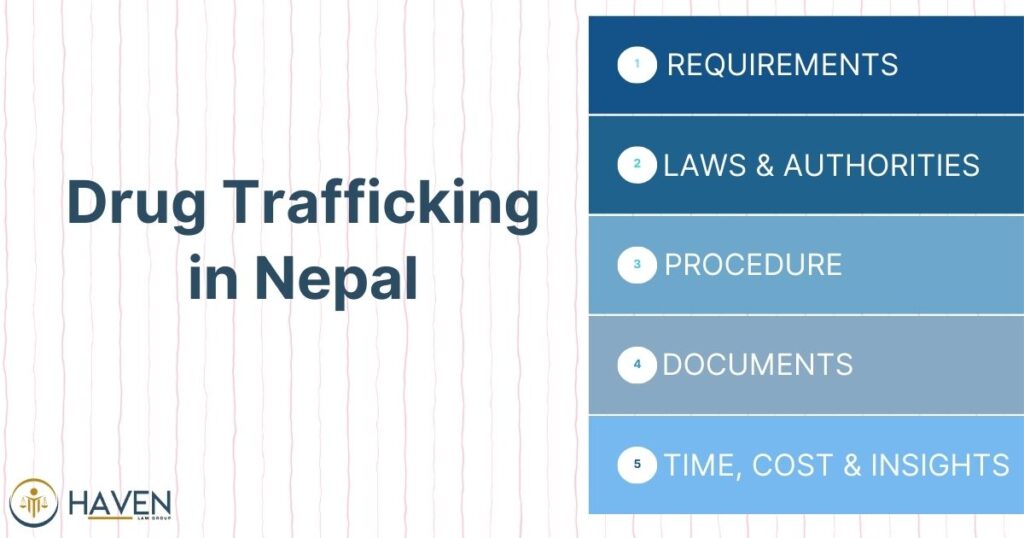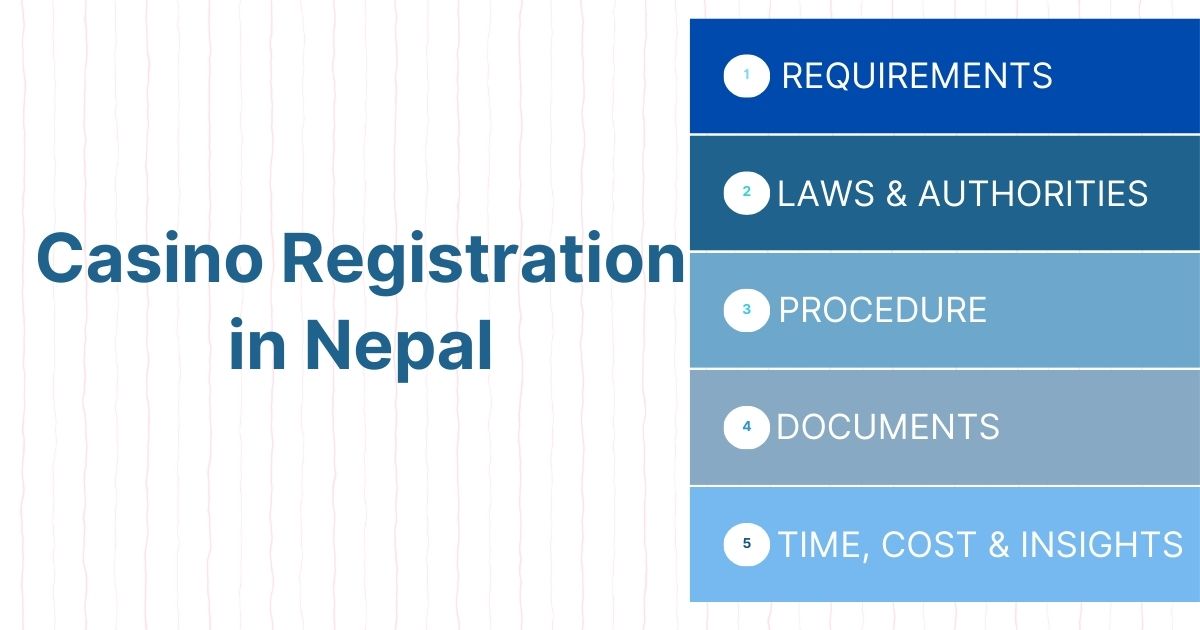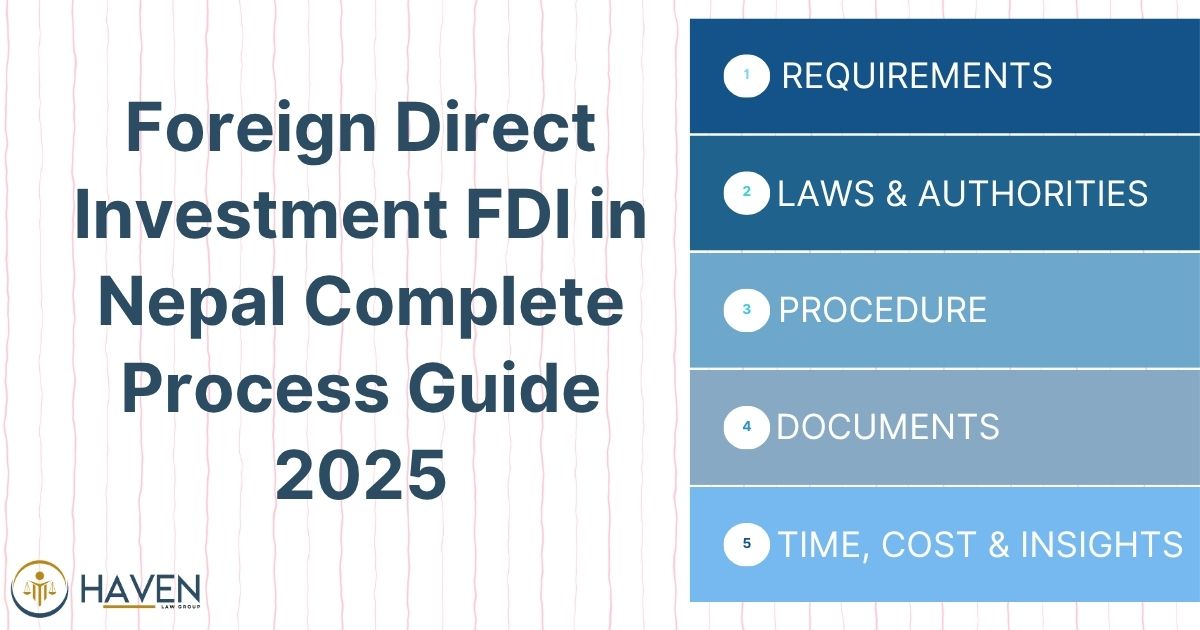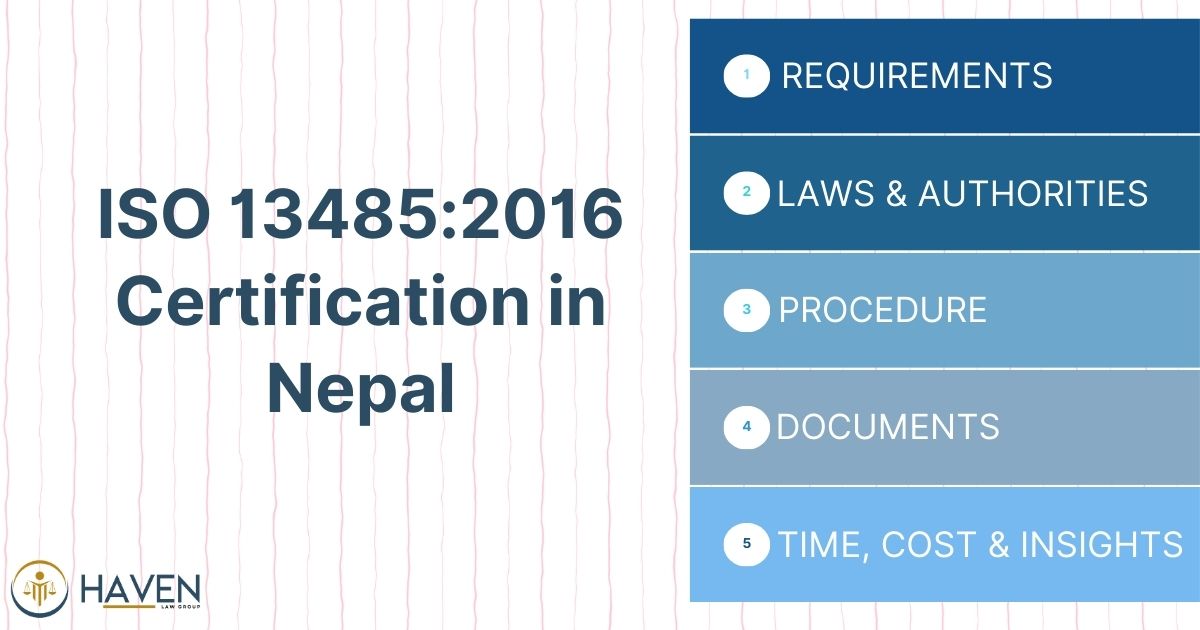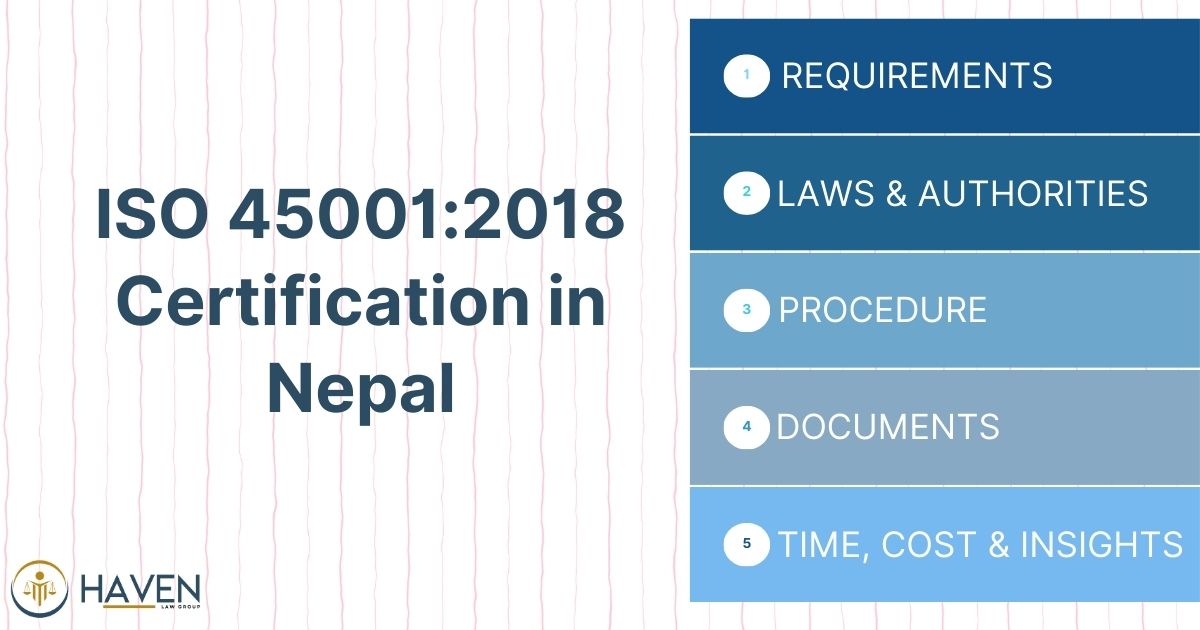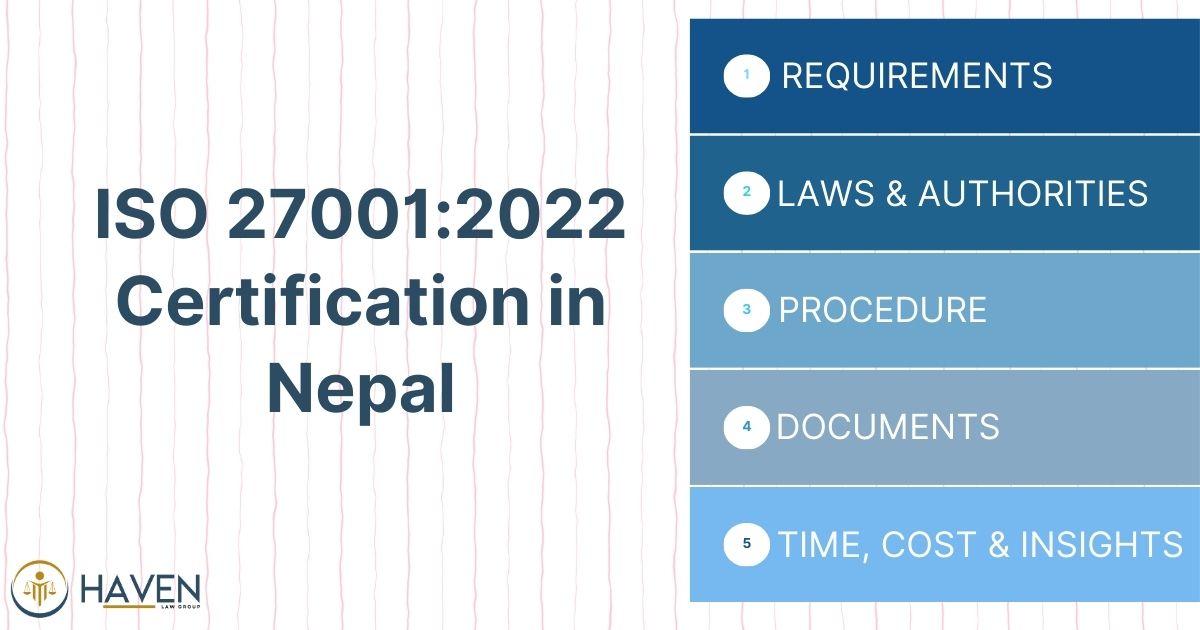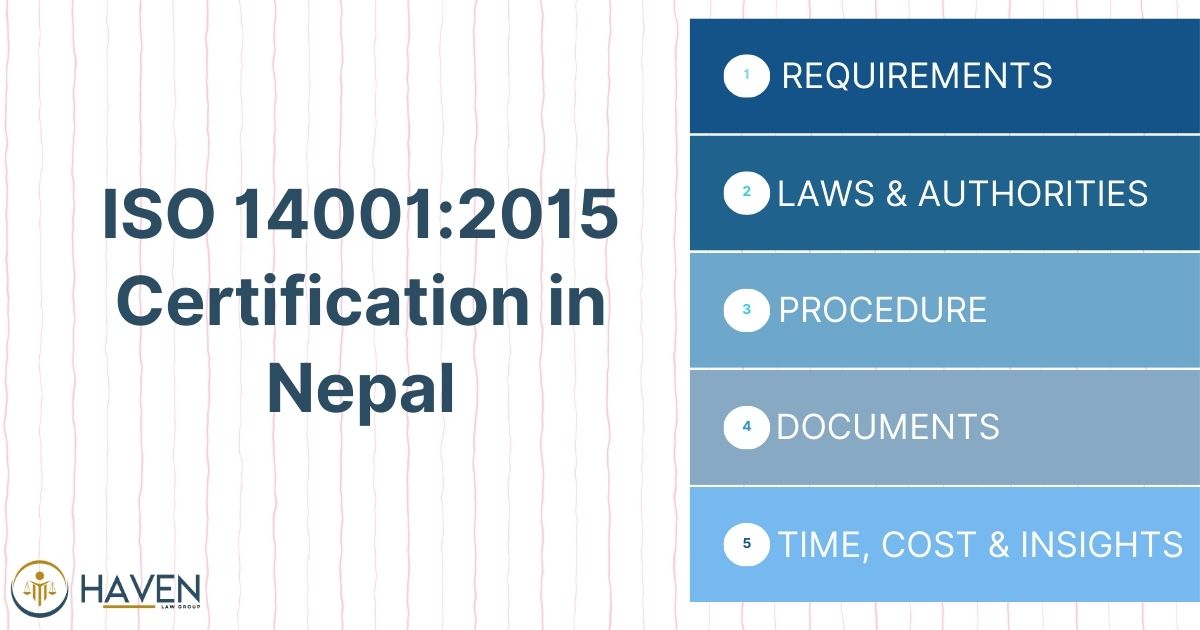What is drug trafficking under Nepali law?
Drug trafficking in Nepal is defined as the illegal production, manufacture, possession, sale, purchase, transport, import, export, or use of narcotic drugs or psychotropic substances. The Narcotic Drugs (Control) Act, 2033 (1976) is the primary legislation governing drug-related offenses in Nepal. Under this law, drug trafficking encompasses a wide range of activities related to the illicit drug trade.
This includes cultivating opium poppies or coca plants, manufacturing synthetic drugs, smuggling narcotics across borders, distributing controlled substances, and financing drug operations. The law aims to curb the illegal drug trade and its associated criminal activities. Penalties for drug trafficking offenses in Nepal can be severe, including lengthy prison sentences and substantial fines, depending on the nature and scale of the offense.
What are the penalties for drug trafficking in Nepal?
Penalties for drug trafficking in Nepal are stringent and vary based on the type and quantity of drugs involved. The Narcotic Drugs (Control) Act, 2033 (1976) prescribes the following punishments:
- For trafficking small quantities: Imprisonment of 2 to 10 years and a fine of NPR 25,000 to 200,000
- For trafficking medium quantities: Imprisonment of 10 to 15 years and a fine of NPR 100,000 to 500,000
- For trafficking large quantities: Imprisonment of 15 years to life and a fine of NPR 500,000 to 2,500,000
Additionally, the court may order the confiscation of assets acquired through drug trafficking. Repeat offenders face enhanced penalties, often receiving the maximum sentence allowed by law. The severity of punishment aims to deter individuals from engaging in drug trafficking activities and reflects Nepal’s commitment to combating the illegal drug trade.
How is drug trafficking defined in Nepal?
Drug trafficking in Nepal is broadly defined to encompass various activities related to the illegal drug trade. The Narcotic Drugs (Control) Act, 2033 (1976) outlines the following activities as drug trafficking:
- Cultivation of opium poppy, coca bush, or cannabis plant
- Production, manufacture, or preparation of narcotic drugs or psychotropic substances
- Possession, purchase, sale, storage, or transport of illegal drugs
- Import, export, or transshipment of controlled substances
- Distribution or prescription of narcotic drugs without proper authorization
- Financing or facilitating any of the above activities
This comprehensive definition allows law enforcement agencies to target all aspects of the drug trade, from production to distribution. The law also covers synthetic drugs and new psychoactive substances, adapting to evolving trends in the illegal drug market. By defining drug trafficking broadly, Nepal aims to create a robust legal framework to combat the illicit drug trade effectively.
Can foreigners be punished for drug trafficking?
Foreigners can indeed be punished for drug trafficking in Nepal. The Narcotic Drugs (Control) Act, 2033 (1976) applies to all individuals within Nepali territory, regardless of their nationality. Foreign nationals found guilty of drug trafficking offenses in Nepal are subject to the same penalties as Nepali citizens. This includes imprisonment, fines, and potential asset seizure.
Key points regarding foreigners and drug trafficking in Nepal:
- Equal application of law to foreigners and citizens
- No diplomatic immunity for drug trafficking offenses
- Potential for deportation after serving the sentence
- International cooperation in prosecuting cross-border drug crimes
Foreign embassies or consulates may provide limited assistance to their citizens facing drug charges in Nepal, but they cannot interfere with the legal process. Nepal’s strict stance on drug trafficking, regardless of the offender’s nationality, underscores its commitment to combating the global drug trade and maintaining domestic law and order.
What substances are considered illegal in Nepal?
Nepal’s Narcotic Drugs (Control) Act, 2033 (1976) and subsequent amendments list a wide range of substances as illegal. These include:
- Cannabis and its derivatives (marijuana, hashish)
- Opium and opioids (heroin, morphine, codeine)
- Coca and cocaine
- Amphetamine-type stimulants (methamphetamine, ecstasy)
- Psychotropic substances (LSD, ketamine)
- Prescription drugs without proper authorization
- Precursor chemicals used in drug manufacture
The law also allows for the inclusion of new psychoactive substances as they emerge. Possession, use, or trafficking of these substances is illegal and punishable under Nepali law. The classification of substances may affect the severity of penalties imposed for related offenses. Nepal regularly updates its list of controlled substances to align with international drug control conventions and address emerging drug threats.
Are repeat offenders punished more severely?
Repeat offenders in drug trafficking cases face more severe punishments in Nepal. The Narcotic Drugs (Control) Act, 2033 (1976) provides for enhanced penalties for individuals convicted of multiple drug-related offenses. Key aspects of repeat offender punishment include:
- Increased minimum sentences
- Higher fines for subsequent offenses
- Potential for life imprisonment for serious repeat offenses
- Limited access to alternative sentencing options
The law aims to deter recidivism and address the persistent threat posed by habitual drug traffickers. Judges have discretion to impose the maximum allowable sentence for repeat offenders, considering factors such as the nature of the offense, the quantity of drugs involved, and the offender’s criminal history. This graduated system of punishment reflects Nepal’s commitment to combating drug trafficking through increasingly stringent measures for those who continue to engage in illegal drug activities.
Can drug trafficking cases be bailed in Nepal?
Bail in drug trafficking cases in Nepal is generally restricted, especially for serious offenses. The Narcotic Drugs (Control) Act, 2033 (1976) and the Criminal Procedure Code govern bail provisions for drug-related crimes. Key points regarding bail in drug trafficking cases include:
- Bail is typically not granted for offenses involving large quantities of drugs
- For minor offenses, bail may be considered at the court’s discretion
- Factors considered include the nature of the offense, evidence strength, and flight risk
- High bail amounts may be set for cases where bail is granted
- Conditions may be imposed, such as regular reporting to authorities
The restrictive bail policy for drug trafficking cases aims to prevent suspects from fleeing justice or continuing illegal activities while awaiting trial. However, the presumption of innocence is maintained, and bail decisions are made on a case-by-case basis, considering the specific circumstances of each case and the potential risk to society.
What is the role of the Narcotics Act in Nepal?
The Narcotic Drugs (Control) Act, 2033 (1976), commonly known as the Narcotics Act, plays a central role in Nepal’s drug control efforts. This comprehensive legislation serves several key functions:
- Defines illegal drugs and related offenses
- Establishes penalties for drug-related crimes
- Outlines procedures for investigation and prosecution
- Provides for the establishment of drug treatment facilities
- Authorizes law enforcement agencies to combat drug trafficking
- Aligns Nepal’s drug laws with international conventions
The Act has been amended several times to address emerging drug threats and strengthen enforcement mechanisms. It covers a wide range of activities, from cultivation and manufacture to distribution and consumption of illegal drugs. The Narcotics Act also empowers authorities to seize assets derived from drug trafficking and provides for international cooperation in drug control efforts. This legislation forms the backbone of Nepal’s legal framework for combating the illegal drug trade and addressing drug-related issues in society.
Are there rehabilitation options for offenders?
Nepal’s approach to drug offenses includes provisions for rehabilitation, particularly for drug users and addicts. The Narcotic Drugs (Control) Act, 2033 (1976) recognizes the need for treatment and rehabilitation alongside punitive measures. Key aspects of rehabilitation options include:
- Establishment of government-run rehabilitation centers
- Court-ordered treatment programs for drug-dependent offenders
- Collaboration with NGOs and private sector for rehabilitation services
- Focus on harm reduction and reintegration into society
- Potential for reduced sentences upon successful completion of treatment
While rehabilitation options are more readily available for drug users, some programs may also be accessible to low-level offenders involved in trafficking. The effectiveness of these programs varies, and resources for rehabilitation services can be limited. Nepal’s drug policy continues to evolve, with increasing emphasis on balancing law enforcement with public health approaches to address drug-related issues in society.
Can drug trafficking cases be appealed in Nepal?
Drug trafficking cases in Nepal can be appealed, following the general principles of the Nepali judicial system. The appeal process allows defendants to challenge their conviction or sentence in a higher court. Key aspects of the appeal process for drug trafficking cases include:
- Appeals must be filed within specified time limits
- Grounds for appeal may include legal errors, procedural irregularities, or disproportionate sentencing
- Appeals are typically heard by the High Court or Supreme Court, depending on the original court of conviction
- New evidence may be presented in certain circumstances
- The appellate court can uphold, modify, or overturn the original verdict or sentence
The right to appeal ensures that defendants have the opportunity to address potential miscarriages of justice and promotes fairness in the legal system. However, the appeal process can be lengthy and complex, often requiring skilled legal representation. The outcome of an appeal in a drug trafficking case depends on the specific circumstances and the strength of the legal arguments presented.
Do drug trafficking charges lead to asset seizure?
Drug trafficking charges in Nepal can indeed lead to asset seizure. The Narcotic Drugs (Control) Act, 2033 (1976) provides for the confiscation of assets derived from or used in drug trafficking activities. Key points regarding asset seizure in drug trafficking cases include:
- Assets directly linked to drug offenses can be seized
- Proceeds from drug trafficking are subject to confiscation
- Property used to facilitate drug crimes may be forfeited
- Bank accounts and other financial assets can be frozen during investigation
- Burden of proof may shift to the accused to demonstrate legitimate source of assets
The asset seizure provisions aim to disrupt the financial incentives of drug trafficking and deprive criminals of their ill-gotten gains. Law enforcement agencies work in coordination with financial institutions to identify and seize assets related to drug crimes. The seized assets may be used to fund drug control efforts or compensate victims of drug-related crimes. However, the process of asset seizure must adhere to legal procedures and respect the rights of the accused.
What agencies handle drug cases in Nepal?
Several agencies in Nepal are responsible for handling drug-related cases, reflecting the multi-faceted approach to drug control. The primary agencies involved include:
- Narcotics Control Bureau (NCB): Specialized unit for drug law enforcement
- Nepal Police: Investigates drug crimes and conducts arrests
- Department of Drug Administration: Regulates pharmaceutical drugs and precursor chemicals
- Customs Department: Monitors borders for drug smuggling
- Central Investigation Bureau (CIB): Handles complex drug trafficking cases
- Office of the Attorney General: Prosecutes drug cases in court
- Ministry of Home Affairs: Oversees overall drug control policy
These agencies often collaborate on drug cases, sharing intelligence and resources. The Narcotics Control Bureau plays a central role in coordinating anti-drug efforts and liaising with international partners. Local police departments also handle drug-related crimes within their jurisdictions. The involvement of multiple agencies aims to create a comprehensive approach to drug control, addressing various aspects of the drug trade from production to consumption.
FAQs
1. Are penalties harsher for smugglers?
Yes, penalties for drug smugglers in Nepal are typically harsher than those for simple possession or use. Smuggling often involves larger quantities of drugs and is considered a more serious offense under the Narcotic Drugs (Control) Act, 2033 (1976). Smugglers may face longer prison sentences and higher fines, especially if caught trafficking across international borders. The severity of punishment increases with the quantity and type of drugs involved in the smuggling operation.
2. Can minors be arrested?
Minors can be arrested for drug-related offenses in Nepal, but they are subject to different legal procedures and penalties compared to adults. The Juvenile Justice Procedure Act governs cases involving minors. Key points include:
- Separate juvenile justice system for offenders under 18
- Focus on rehabilitation rather than punishment
- Potential for diversion programs instead of formal prosecution
- Shorter sentences and alternative correctional measures
- Protection of minors’ identities during legal proceedings
The approach to juvenile drug offenders aims to balance accountability with the recognition of young people’s capacity for reform and reintegration into society.
3. Is drug use punished equally?
Drug use is not punished equally to drug trafficking in Nepal. The law distinguishes between drug users and traffickers, with generally lighter penalties for personal use compared to distribution or trafficking. Key differences include:
- Shorter sentences and lower fines for personal use offenses
- Possibility of treatment and rehabilitation instead of imprisonment for addicts
- Consideration of addiction as a mitigating factor in sentencing
- Focus on harm reduction for users versus deterrence for traffickers
However, repeated drug use offenses may lead to more severe punishments. The law aims to balance public health concerns with the need to combat the illegal drug trade.
4. Can traffickers avoid jail?
It is extremely difficult for convicted drug traffickers to avoid jail time in Nepal. The Narcotic Drugs (Control) Act, 2033 (1976) mandates minimum prison sentences for trafficking offenses. However, there are limited circumstances where alternatives to imprisonment might be considered:
- Cooperation with authorities leading to significant arrests
- Provision of crucial information disrupting major drug operations
- Exceptional mitigating circumstances at the court’s discretion
- Successful appeal resulting in acquittal or reduced charges
Generally, the law emphasizes deterrence through mandatory prison sentences for drug trafficking convictions. Alternative sentencing options are more commonly available for minor drug possession or use cases rather than trafficking offenses.
5. Are international traffickers deported?
International drug traffickers convicted in Nepal may face deportation after serving their sentences. The deportation process typically involves:
- Completion of the imposed prison sentence
- Review by immigration authorities
- Potential ban on re-entry into Nepal
- Coordination with the trafficker’s home country for repatriation
However, deportation is not automatic and depends on various factors, including the severity of the offense, diplomatic considerations, and international agreements. Some international traffickers may face additional charges in their home countries upon return. Nepal’s approach aims to remove foreign criminals from its territory while ensuring they face justice for their offenses committed within the country.
What are the main types of drugs trafficked in and through Nepal?
Cannabis, heroin, and synthetic drugs like methamphetamine are commonly trafficked through Nepal. Cannabis is also produced domestically.
What are the legal penalties for drug trafficking in Nepal?
Drug trafficking penalties range from 3 months to life imprisonment, plus fines, depending on the type and quantity of drugs involved.
Is Nepal a producer or primarily a transit country for drugs?
Nepal is primarily a transit country, though some cannabis is cultivated domestically. Most hard drugs pass through from neighboring nations.
What measures has the Nepalese government taken to combat drug trafficking?
Nepal has strengthened border controls, increased law enforcement training, and enhanced international cooperation to combat drug trafficking.
Can police search or seize narcotic drugs without a warrant in Nepal?
Yes, police can search and seize narcotic drugs without a warrant if they have reasonable suspicion of drug-related activities.
What is the punishment for repeated drug offenses in Nepal?
Repeat drug offenders face harsher punishments, including longer prison terms and higher fines compared to first-time offenders.
